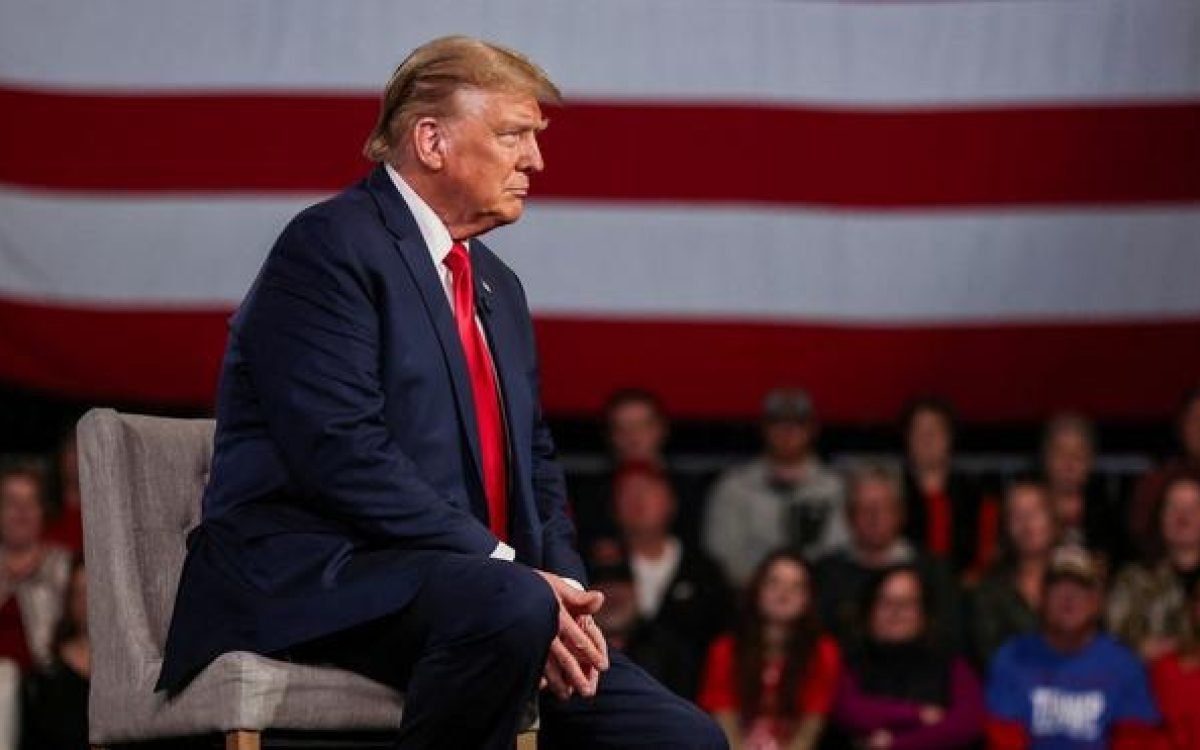In a significant legal decision, an Illinois state judge, Tracie Porter, ruled on February 28 to bar former U.S. President Donald Trump from appearing on Illinois’ Republican presidential primary ballot. The ruling came as a response to Trump’s involvement in the riots at the U.S. Capitol on January 6, 2021.
Cook County Circuit Judge Tracie Porter sided with Illinois voters who argued that Trump should be disqualified from the State’s March 19 primary ballot and its November 5 general election ballot for violating the anti-insurrection clause of the U.S. Constitution’s 14th Amendment.
The decision marks a notable development in the aftermath of the Capitol riots, where Trump’s role and rhetoric have faced intense scrutiny. By invoking the 14th Amendment, which prohibits individuals from holding office if they have engaged in insurrection or rebellion against the Constitution, Judge Porter’s ruling underscores the gravity of Trump’s actions on January 6th.
However, Judge Porter’s ruling is not immediate in its effect. She delayed its enforcement, considering an expected appeal by Mr. Trump. This delay reflects the complexity and significance of the legal arguments involved and provides Trump’s legal team with an opportunity to challenge the decision.
The decision also raises broader questions about the intersection of constitutional principles and political accountability. While the 14th Amendment serves as a foundational safeguard against insurrectionary actions, its application in disqualifying a former president from electoral participation underscores the evolving dynamics of American democracy.
As the legal proceedings unfold and the appeal process progresses, the case will undoubtedly draw national attention, shaping discourse around accountability for the events of January 6th and the broader implications for political participation and constitutional integrity.
The ruling by Judge Tracie Porter serves as a reminder of the enduring impact of the Capitol riots and the imperative of upholding constitutional principles in safeguarding democratic institutions. It underscores the responsibility of public officials to uphold the rule of law and respect the sanctity of the democratic process, irrespective of partisan affiliations.
As the legal battle continues, all eyes will be on the outcome, which could have far-reaching implications not only for the upcoming Illinois elections but also for the broader landscape of American politics and governance. Stay tuned for further updates as the legal saga unfolds.









